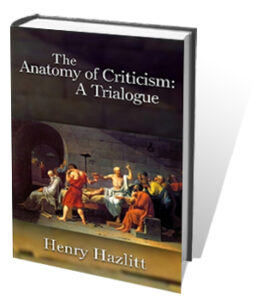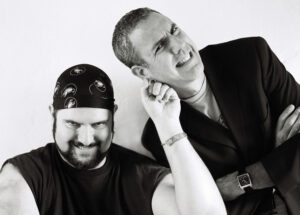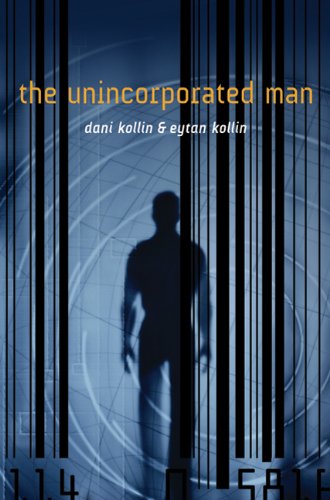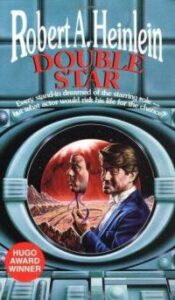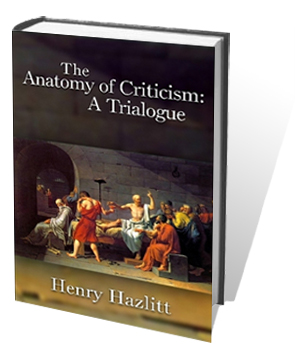 Remembered mostly for his contributions to economics, including his pithy and still-timely classic Economics in One Lesson (1946), Henry Hazlitt was a man who wore many hats. He was a public intellectual and the author or editor of some twenty-eight books, one of which was a novel, The Great Idea (1961) — published in Britain and later republished in the United States as Time Will Run Back (1966) — and another of which, The Anatomy of Criticism (1933), was a trialogue on literary criticism. (Hazlitt's book came out twenty-four years before Northrop Frye published a book of criticism under the same title.) Great-great nephew to British essayist William Hazlitt, the boy Henry wanted to become like the eminent pragmatist and philosopher-psychologist William James, who was known for his charming turns of phrase and literary sparkle. Relative poverty would prevent Hazlitt's becoming the next James. But the man Hazlitt forged his own path, one that established his reputation as an influential man of letters.
Remembered mostly for his contributions to economics, including his pithy and still-timely classic Economics in One Lesson (1946), Henry Hazlitt was a man who wore many hats. He was a public intellectual and the author or editor of some twenty-eight books, one of which was a novel, The Great Idea (1961) — published in Britain and later republished in the United States as Time Will Run Back (1966) — and another of which, The Anatomy of Criticism (1933), was a trialogue on literary criticism. (Hazlitt's book came out twenty-four years before Northrop Frye published a book of criticism under the same title.) Great-great nephew to British essayist William Hazlitt, the boy Henry wanted to become like the eminent pragmatist and philosopher-psychologist William James, who was known for his charming turns of phrase and literary sparkle. Relative poverty would prevent Hazlitt's becoming the next James. But the man Hazlitt forged his own path, one that established his reputation as an influential man of letters.
In part because of his longstanding support for free market economics, scholars of literature have overlooked Hazlitt's literary criticism; and Austrian economists — perhaps for lack of interest, perhaps for other reasons — have done little to restore Hazlitt's place among the pantheon of twentieth-century literary critics. Yet Hazlitt deserves that honor. He may not have been a Viktor Shklovsky, Roman Jakobson, Cleanth Brooks, William K. Wimsatt, John Crowe Ransom, Allen Tate, Lionel Trilling, Dwight Macdonald, or Kenneth Burke, but Hazlitt's criticism is valuable in negative terms: he offers a corrective to much that is wrong with literary criticism, both then and now. His positive contributions to literary criticism seem slight when compared to those of the figures named in the previous sentence. But Hazlitt is striking in his ability to anticipate problems with contemporary criticism, especially the tendency to judge authors by their identity. Hazlitt's contributions to literary criticism were not many, but they were entertaining and erudite, rivaling as they did the literary fashions of the day and packing as much material into a few works as other critics packed into their entire oeuvres.
Hazlitt became literary editor of The Nation — a position once held by Paul Elmer More — in 1930. At that time, formalism was the dominant school of literary analysis in Russia, and the New Criticism was in its nascent stages in America. The former scrutinized supposedly invariant linguistic patterns or grammars of poetry and sought to divorce authorial biography from textual criticism. Formalism also sought to break down literature into its constituent elements: form, irony, meter, voice, plot, point of view, and so forth. Proponents of Russian formalism included Shklovsky, Boris Eikhenbaum, Yuri Tynyanov, Boris Tomashevsky, Vladimir Propp, and Roman Jakobson. Each of these men produced idiosyncratic works that have in common a certain attention to the manifest structure of language. Each considered syntactical systems as imperative to the organization and meaning of artistic works. In 1930, the same year in which Hazlitt assumed his position at The Nation, Shklovsky renounced formalism, which had come under assault by socialist and communist ideologues who insisted that criticism tow party lines and tolerate no dissent. It would be another three decades at least before Russian formalism received extensive critical treatment in America — except among small Slavicist academic circles — but the commonalities shared by formalism and the New Criticism reveal something (what, exactly, is debatable) about the global trajectory of literary criticism during a topsy-turvy era.
